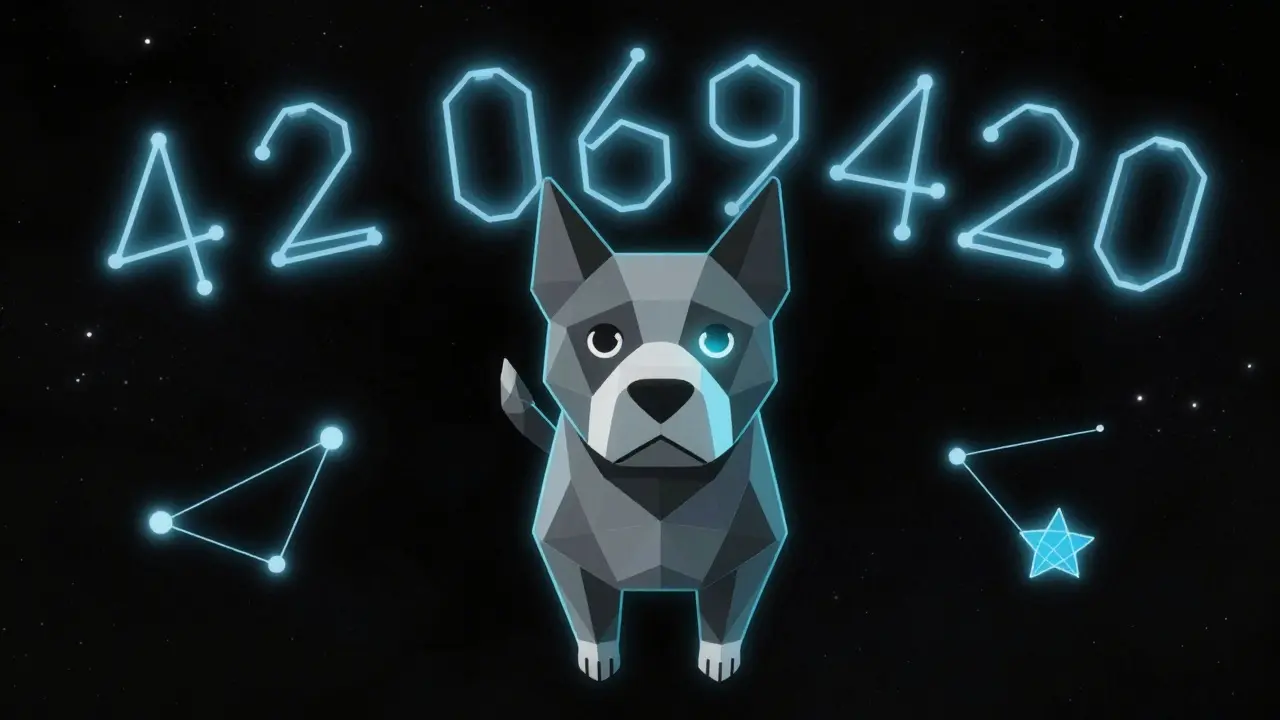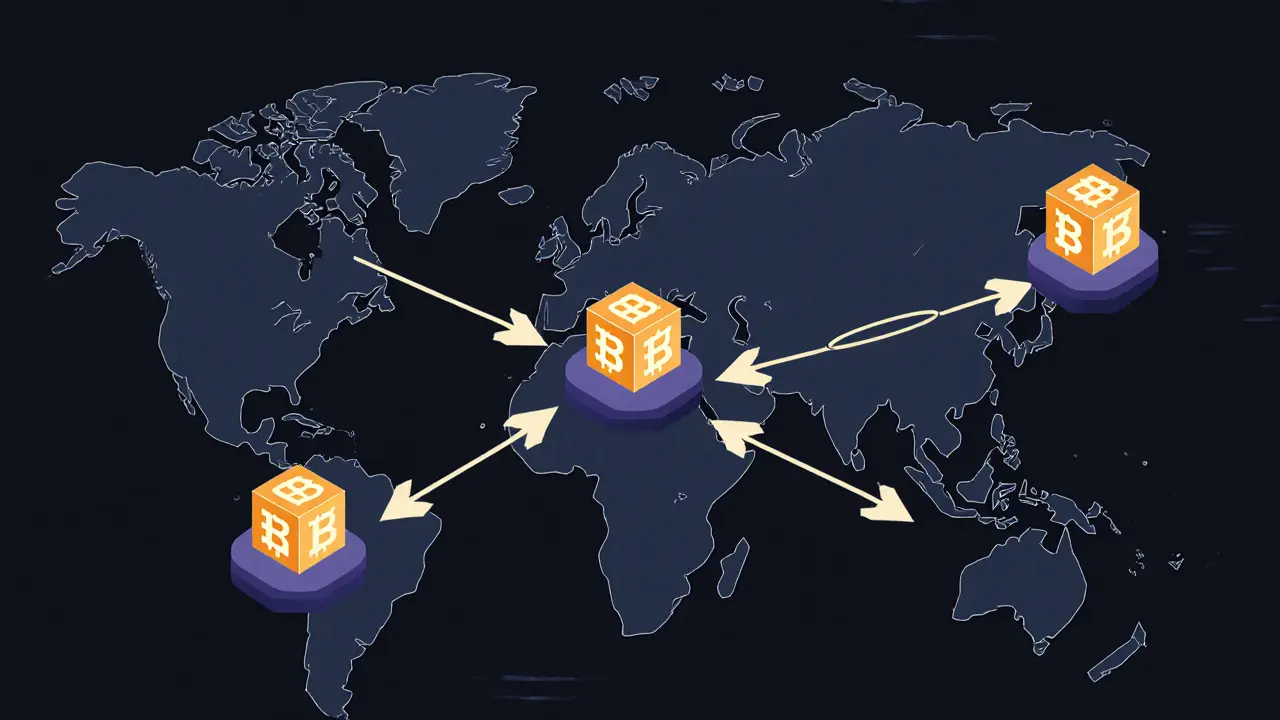Cryptocurrency: What It Is, How It Works, and What You Need to Know
When you hear cryptocurrency, a digital form of money that runs on blockchain technology without central banks. Also known as crypto, it lets people send value directly to each other—no bank, no government, no middleman. But it’s not magic. It’s code, incentives, and sometimes, pure risk. Cryptocurrency isn’t just Bitcoin anymore. It’s tokens that give fans voting rights in sports teams, coins that pay creators for their work, and digital assets that claim to use AI—but have no code behind them.
Behind every crypto project is something bigger: a crypto exchange, a platform where you buy, sell, or trade digital coins. Some, like BlueBit and Superp, offer tools for serious traders. Others, like NUT MONEY and Digiassetindo, are scams with fake volumes and no withdrawals. And then there are the crypto airdrops, free token distributions that often turn into traps. The CDONK X CoinMarketCap airdrop? Fake. AXL INU? Fake. VOW? Probably worthless. But the ASK airdrop from Permission.io? Real. You need to know the difference before you click.
And it’s not just about trading. Governments are watching. In China, owning crypto can land you in jail. In Nigeria, it’s now legal—and taxed. In Switzerland, you pay a yearly wealth tax on your holdings, not on your gains. Meanwhile, in Afghanistan, people risk arrest just to send crypto to their families. This isn’t speculation. It’s survival, regulation, and power struggles playing out on a global scale.
Some projects try to solve real problems. Impossible Cloud Network cuts cloud costs by 40%. Story Protocol protects artists’ work on-chain. Dopex lets you trade crypto options with less risk. But others? They’re just names on a list. Global Token (GBL) has zero supply. SentAI has no code. KubeCoin hasn’t moved since 2022. You can’t trust a coin just because it’s listed on a big site. You need to dig deeper.
Underneath it all is blockchain, the public ledger that makes crypto possible. It’s not just for money. It’s for NFTs, staking, quantum-secure keys, and decentralized indexes. ERC-721 makes unique digital art possible. JSOL lets you earn rewards on Solana without locking your coins. Quantum Key Distribution could one day make crypto unhackable. These aren’t buzzwords. They’re building blocks.
So what’s here for you? Real reviews of exchanges you might actually use. Clear breakdowns of tokens that have substance. Warnings about the scams that are flooding your feed. And the truth behind the airdrops that promise free money but steal your wallet. You won’t find fluff. You won’t find hype. Just facts—straight from the code, the regulations, and the people who lost everything.
What is DogeSquatch (SQUOGE)? A Beginner's Guide to the Meme Coin in 2026
DogeSquatch (SQUOGE) is a meme coin on Base chain with minimal market presence. It has a fixed supply of 42 million tokens, but trades at near-zero volume. Experts warn it's highly risky due to low liquidity and lack of utility. Learn why most investors avoid this token in 2026.
learn moreHow Distributed Ledger Technology Works in Cryptocurrency
Distributed ledger technology powers cryptocurrency by spreading transaction records across thousands of computers, eliminating central control. It uses cryptography, peer-to-peer networks, and consensus rules to ensure security and trust without banks.
learn more
